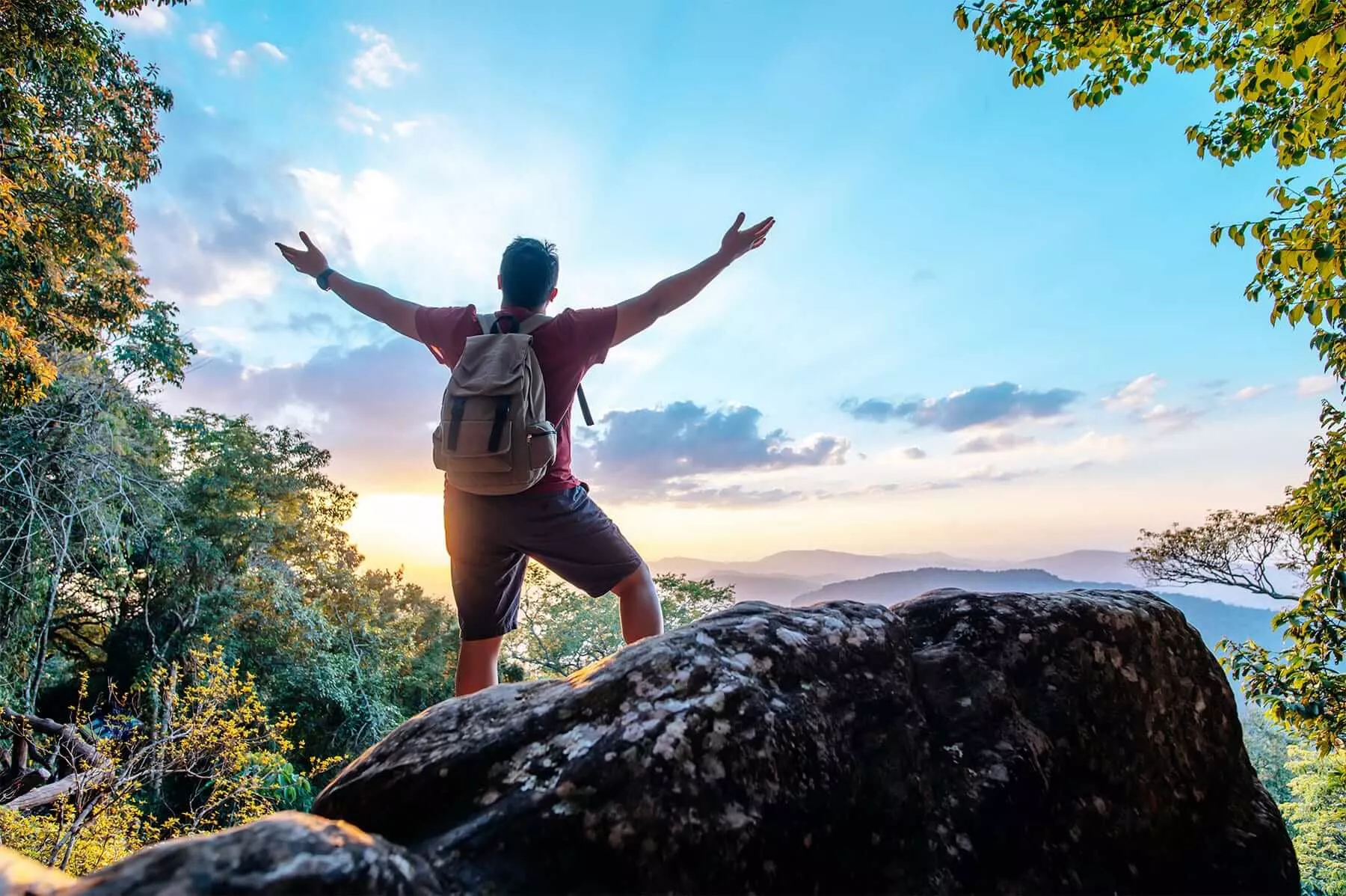
One of the most critical aspects of respecting nature while hiking is following Leave No Trace principles. These guidelines are designed to minimize the impact of human activity on the environment. They include:
As hikers, we can also play a role in educating others on the importance of respecting nature. Some ways to do this include: